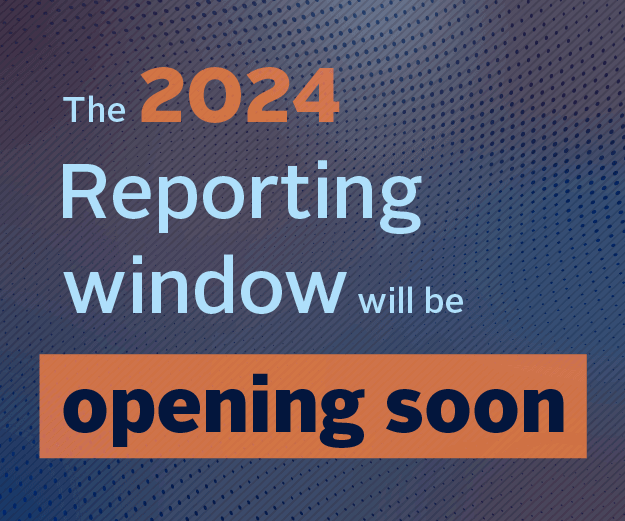This article provides a brief summary of existing frameworks for country-by-country reporting (CBCR).
OECD Base Erosion and Profit Sharing (BEPS) Action 13
As per Action 13 of the BEPS Action Plan, multinational companies with revenues over €750 million are required to file detailed reports with tax authorities on some of the key elements of their financial returns in each of the jurisdictions where they operate. This includes revenue, profits before tax, income tax paid and accrued, number of employees, stated capital, accumulated earnings and tangible assets. The names and the business nature of constituent entities of the group are also made available.
Key points to note:
- Countries that are members of the BEPS Inclusive Framework (more than 110 jurisdictions globally) have committed to implementing CBCR requirements.
- These CBCR reports are intended as a risk management tool for tax authorities, which means information will only be shared with tax authorities and not made publicly available.
- The information provided via the OECD BEPS template is not required to be reconciled with financial statements.
Should investors ask for information in the BEPS template to be made publicly available?
The data provided to tax authorities in the BEPS template is relevant for investment decision making. However, there are concerns that corporate data which has been collated in an aggregated format may be easily misinterpreted. As there is no requirement to reconcile data in the template with financial statements, some figures may appear inflated. In addition, information gathered is expected to be voluminous and, therefore, practically challenging to sift through. Investors would benefit from engaging with companies on the type of information that is most interesting to them and discussing the best format to disclose these items.
Other sector-focused regulations/frameworks on CBCR
In addition to the OECD BEPS framework, companies in certain sectors are already required to publish granular data:
Capital Requirements Directive (CRD) IV
In line with the CRD IV requirements, credit institutions and investment firms are required to report publicly on a country-by-country basis including on activities, turnover, employees, profits, corporate taxes and public subsidies received.
EU Accounting Directive: Chapter 10
Large companies involved in the exploration, prospecting, development and extraction of minerals or oil and gas, or the logging of primary forests, are required to report on: taxes levied on income, production or profits; dividends, royalties, license fees and rental fees; production entitlements, signature, discovery and production bonuses; and payments for infrastructure improvements.
Dodd Frank Act, section 1504 (proposed repeal)
Companies that are involved in the development of oil, natural resources or minerals are required to file Form SD with the SEC annually. Information to be disclosed includes: taxes levied on income; royalties; entry and rental fees; production entitlements; bonuses; dividends; payments for infrastructure improvements; and payments in kind.
Extractives Industries Transparency Initiative (voluntary)
When countries sign up to the EITI initiative, governments must report on revenues from the extractive industry, and extractive companies involved in the exploration and production of oil, natural gas and minerals must disclose payments to governments. Corporate disclosure includes profit, taxes, production entitlement, dividends, bonuses, license fees and other significant payments.
See the full report in PDF format for a table of tax reporting requirement by legal instrument.
Download the full report
-

Evaluating and engaging on corporate tax transparency: An investor guide
May 2018
Evaluating and engaging on corporate tax transparency: An investor guide
- 1
- 2
- 3
- 4
- 5
- 6
- 7
- 8Currently reading
Country-by-country reporting
- 9















